
As part of our commitment to continuous learning and development, T4.2, the STEAM Programme, plays a crucial role in equipping our team members with the advanced skills in cutting-edge computing and data science. This commitment to education prepared seven of our colleagues to pack their bags, laptops, and curiosity to join the 15th ESC International School in Bertinoro, Italy, celebrated from October 14th to October 24th. Organized by INFN and with Next Generation Triggers being one of the collaborators, this year’s school promised an immersive journey into “Architectures, Tools, and Methodologies for Large-Scale Scientific Computing Applications.” For our team, it was so much more than just lectures and labs—it was two weeks of learning, bonding, and growing alongside a passionate group of international scientists!
Our team members, each with their own unique projects and goals, went to ESC with high expectations. Whether they were there to tackle challenges in the ATLAS Event Filter or explore new methods for the CMS HLT Muon reconstruction, each person brought back not only a stronger set of skills but also a renewed sense of purpose and inspiration.
Pierfrancesco Butti, from T2.4, appreciated the break ESC provided from the usual fast-paced work environment. “The school was a perfect setting to catch up on the latest C++ standards,” he shared. “And finally, I had the chance to focus on my own education! The GPU programming lecture by Felice Pantaleo was particularly eye-opening. He really brought the material to life—his patience and ability to break down complex concepts left a strong impact.” For Pierfrancesco, it was as much about the knowledge as the sense of camaraderie that formed among the students.

Luca Ferragina, part of T3.1.1, echoed similar sentiments, emphasizing how well the group bonded during the experience. “We were a tight-knit group from the start. Staying in double chambers definitely helped us connect,” he joked. Beyond the personal connections, Luca found himself captivated by sessions on GPU programming, TBB, and seminars on AI and random number generation. “The ESC was the longest school yet, but honestly, I wouldn’t have minded a few more days. It’s an experience I’d recommend to any physicist wanting to master efficient coding!”
Jan Schulz, also in WP3.1.1, was thrilled by the hands-on structure ESC offered. “Almost every lecture had a practical exercise right after, and that learning-by-doing approach really made everything click,” he explained. Working on projects related to charged hadron and jet reconstruction in CMS, Jan was able to gain insights directly applicable to his work with NGT. And he wasn’t alone in feeling inspired—small-group interactions sparked endless discussions, from lecture topics to late-night chats over dinner, creating a “close-knit” and “collaborative environment”.
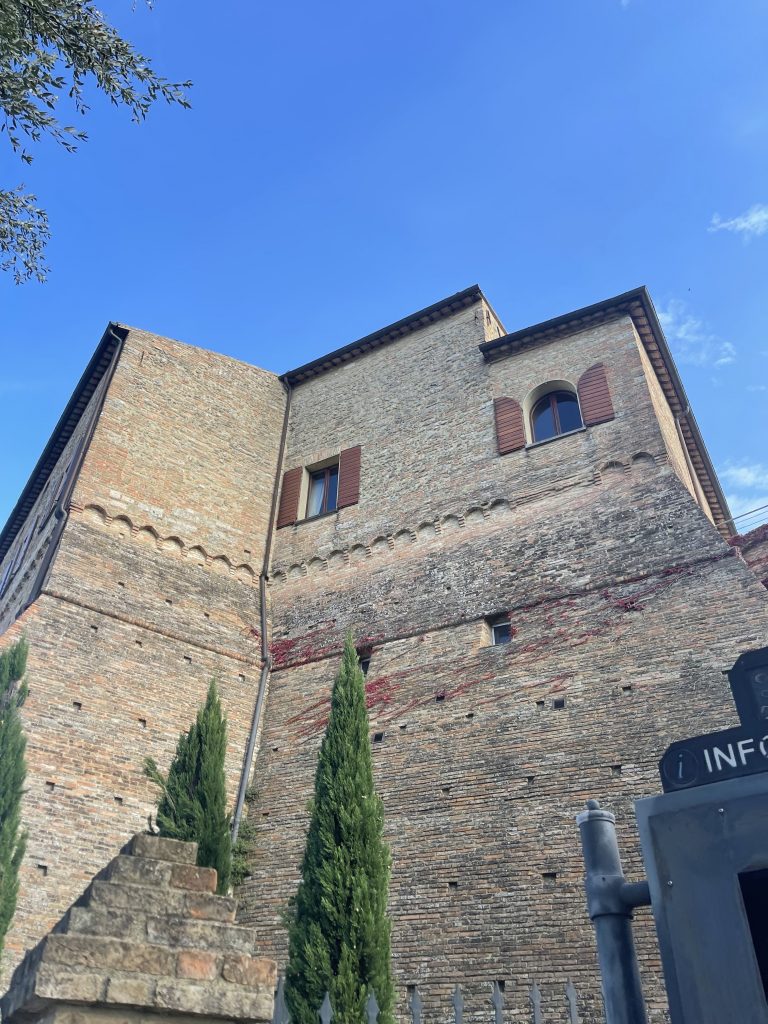
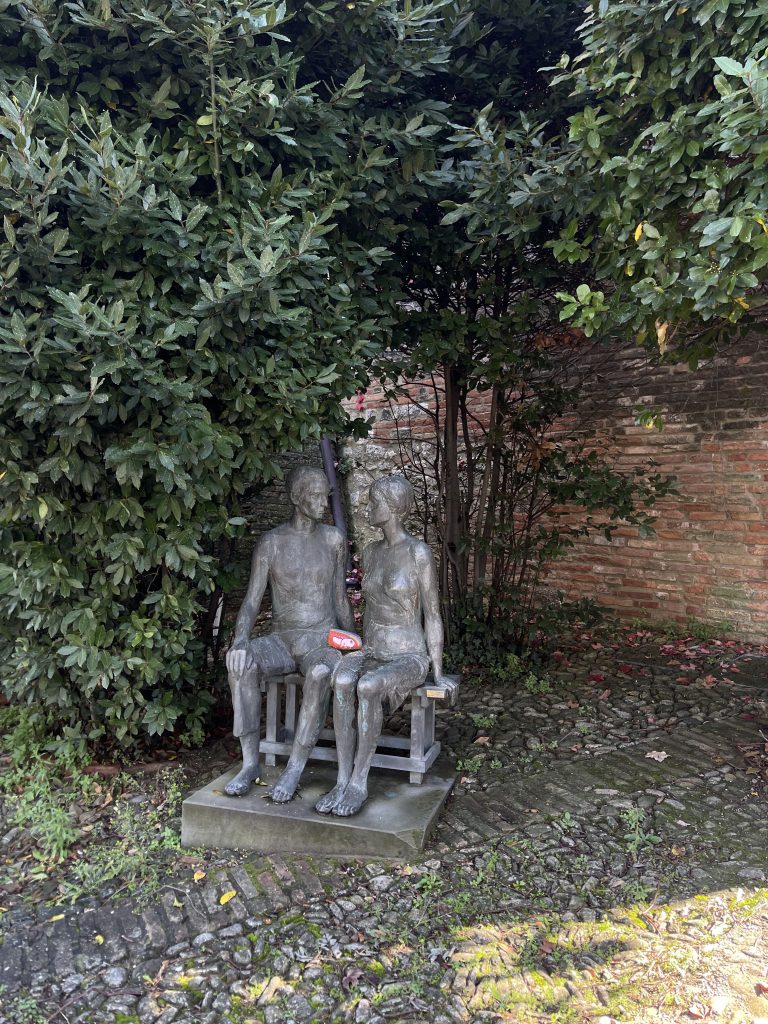
Jessica Prendi, part of T3.4 and focused on Optimal Calibration for HLT, found the school’s approach to programming transformative. “The school offered a completely new way of thinking about programming, things I never thought about with Python” she noted. “It taught me to make code faster and more efficient.” The ESC may have been intense, but for Jessica, it was “totally worth it.” The excursion to Ravenna was a highlight, adding a “welcome cultural dimension to the technical deep dive”.
Mateusz Zarucki, also from T3.4, felt the new topics covered—from efficient C++ and memory management to parallel computing—were invaluable in enhancing his work. “To put it humorously, my programming was pretty ‘inefficient’… until now!” he quipped, also noting Tim’s unique teaching style and the group’s fellowship, which made for a memorable experience.
Daniele Massaro, involved in T1.5 and T1.7, praised the school’s comprehensive program, covering everything from C++ programming and memory management to parallel programming with OpenMP, TBB, MPI, and programming for GPUs. “The hands-on exercises really helped reinforce the concepts,” he shared. For Daniele, ESC was also a fantastic opportunity to connect with researchers from diverse backgrounds, with social events like group dinners and the already mentioned trip to Ravenna.
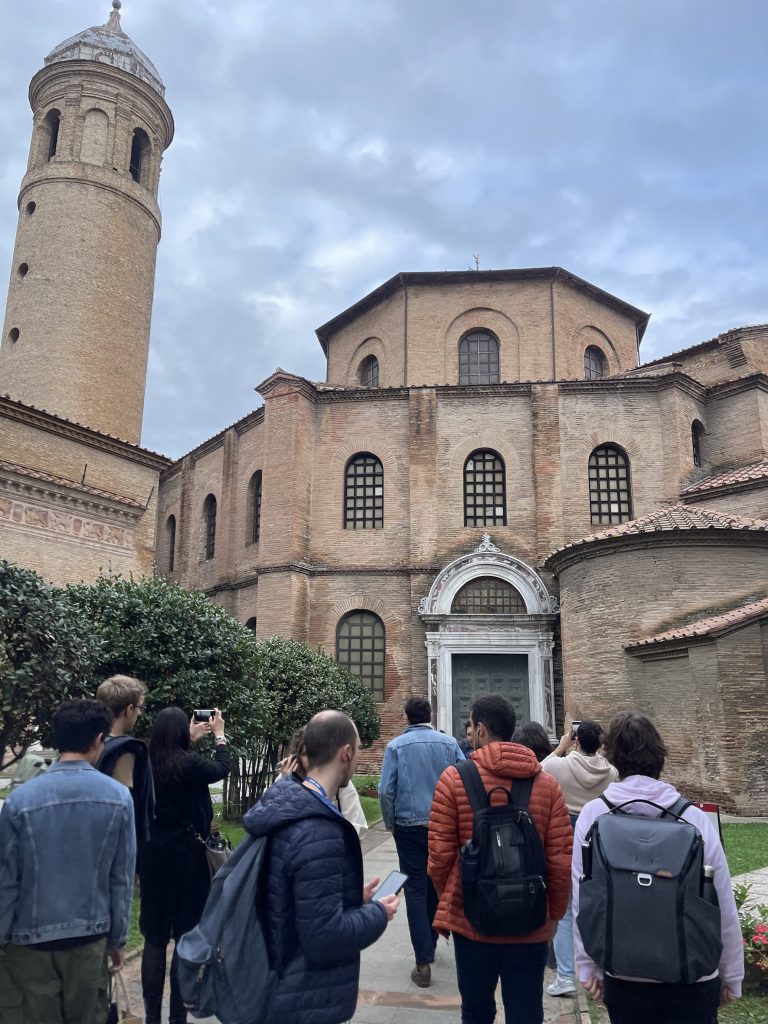
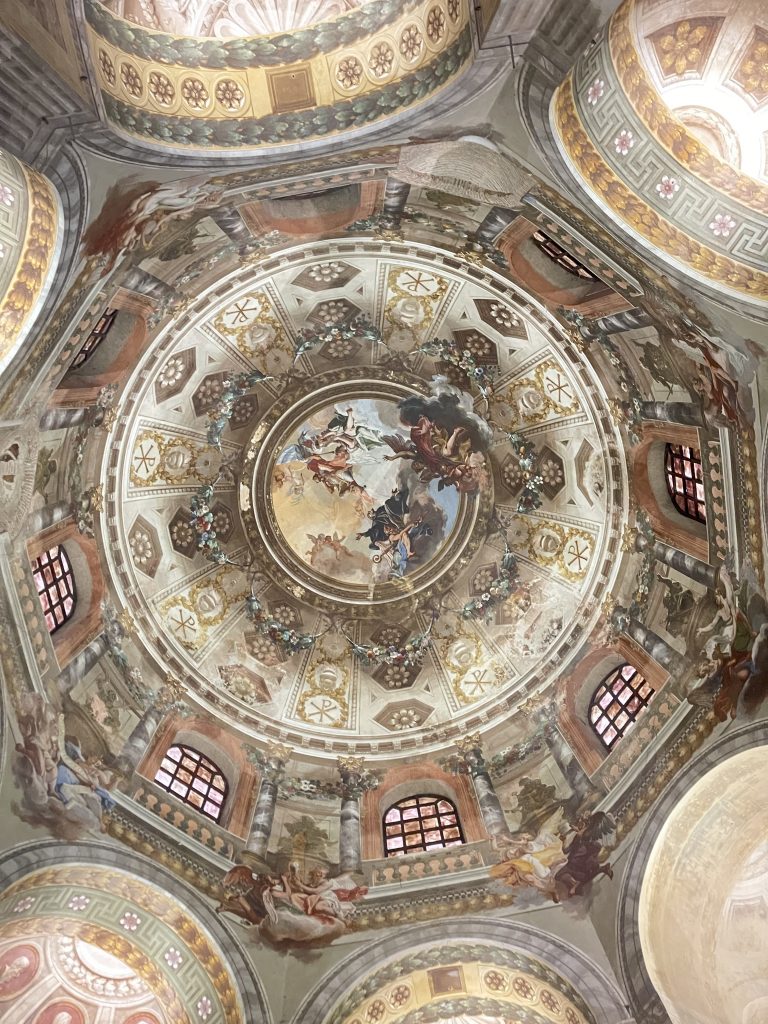
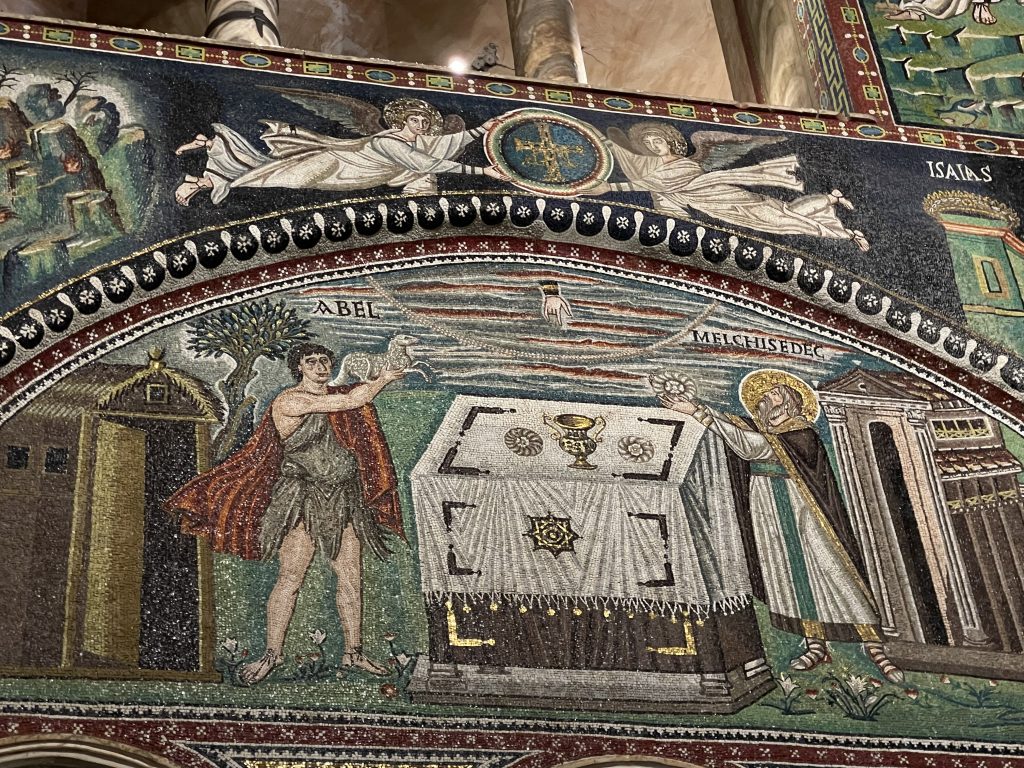
As you can read from our colleagues testimonials, the school’s curriculum was packed with essential topics, from advanced C++ and memory management to hands-on exercises with OpenMP, TBB, MPI, and GPU programming. Every lesson was a deep dive into the core tools that power scientific computing. And, as our team discovered, the value of ESC went beyond the technical sessions. The social events and trips turned out to provide a relaxed setting to build friendships and share perspectives with peers from around the world.
Reflecting on the experience, our team members unanimously agreed: ESC was a journey worth every moment. From the organized curriculum to the engaging lecturers and supportive staff, it was an adventure that brought new skills and, perhaps even more importantly, renewed motivation to their work in Next Generation Triggers.
To the organizers, lecturers, and every scientist who shared in this journey—thank you for making ESC a truly unforgettable experience! Now our colleagues are back, ready to bring this new knowledge and enthusiasm into the next stages of our work!
For further information and future events, we do encourage to check out ESC’s website as well as their Instagram and LinkedIn.